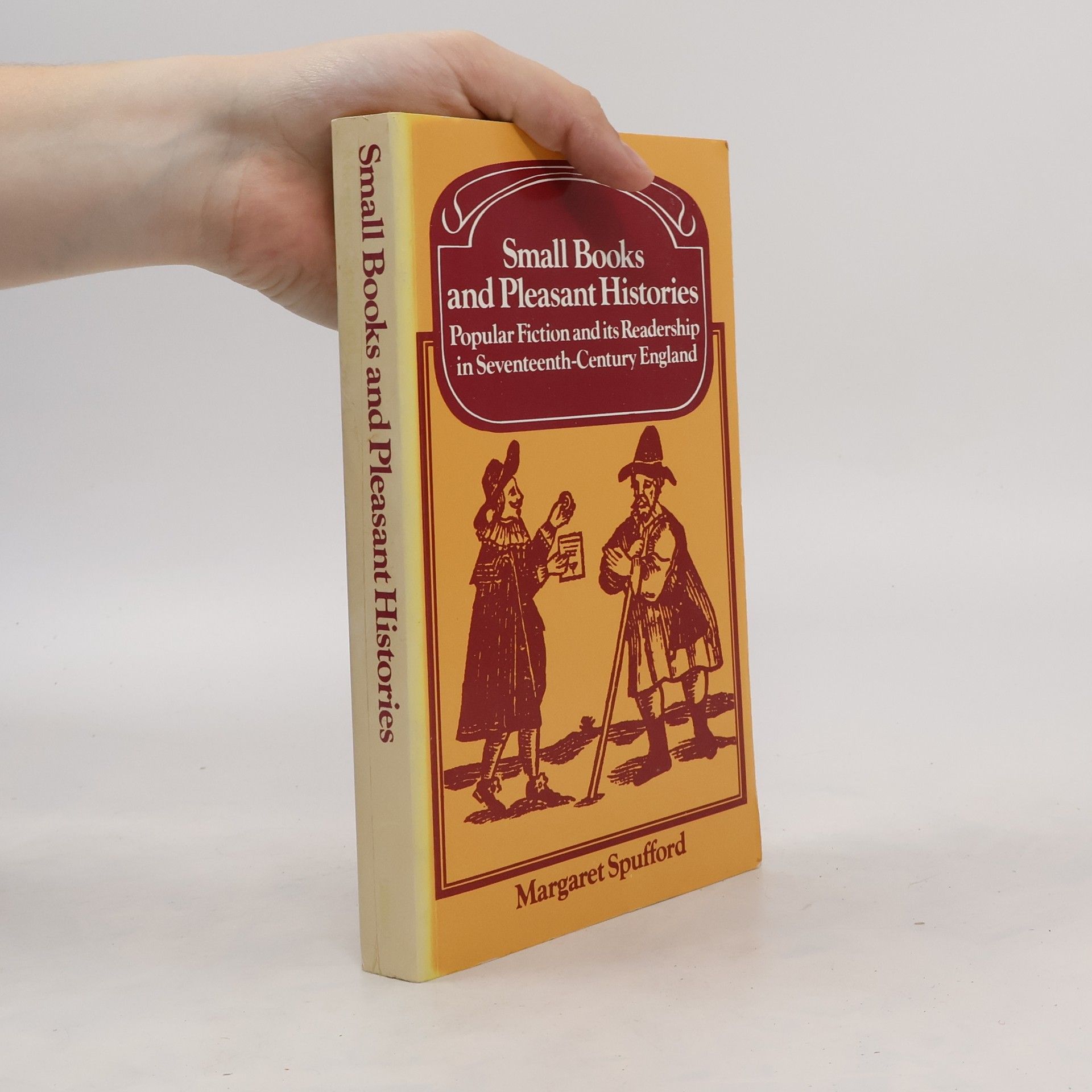A new literary-cultural history of the Industrial Revolution in Britain from the late eighteenth to the mid-nineteenth centuries. Working against the stubbornly persistent image of “dark satanic mills,” in many ways so characteristic of literary Romanticism, Jon Mee provides a fresh, revisionary account of the Industrial Revolution as a story of unintended consequences. In Networks of Improvement, Mee reads a wide range of texts—economic, medical, and more conventionally “literary”—with a focus on their circulation through networks and institutions. Mee shows how a project of enlightened liberal reform articulated in Britain’s emerging manufacturing towns led to unexpectedly coercive forms of machine productivity, a pattern that might be seen repeating in the digital technologies of our own time. Instead of treating the Industrial Revolution as Romanticism’s “other,” Mee shows how writing, practices, and institutions emanating from these industrial towns developed a new kind of knowledge economy, one where local literary and philosophical societies served as important transmission hubs for the circulation of knowledge.
Margaret Spufford Livres



Small Books and Pleasant Histories
Popular Fiction and Its Readership in Seventeenth-Century England
- 304pages
- 11 heures de lecture
Dr Spufford's book examines the profits made by these publishers, the scale of their operations, and the way the 'small books' were distributed throughout the country. It also examines their content, and compares the English chapbooks with their French counterparts.
This book is a detailed history of the economic, educational and religious life of three contrasting communities, Chippenham, Orwell and Willingham in Cambridgeshire from 1525 to 1700. This study will be invaluable to economic, social, and ecclesiastical historians of England in the sixteenth and seventeenth centuries, and those with a special interest in Cambridgeshire.